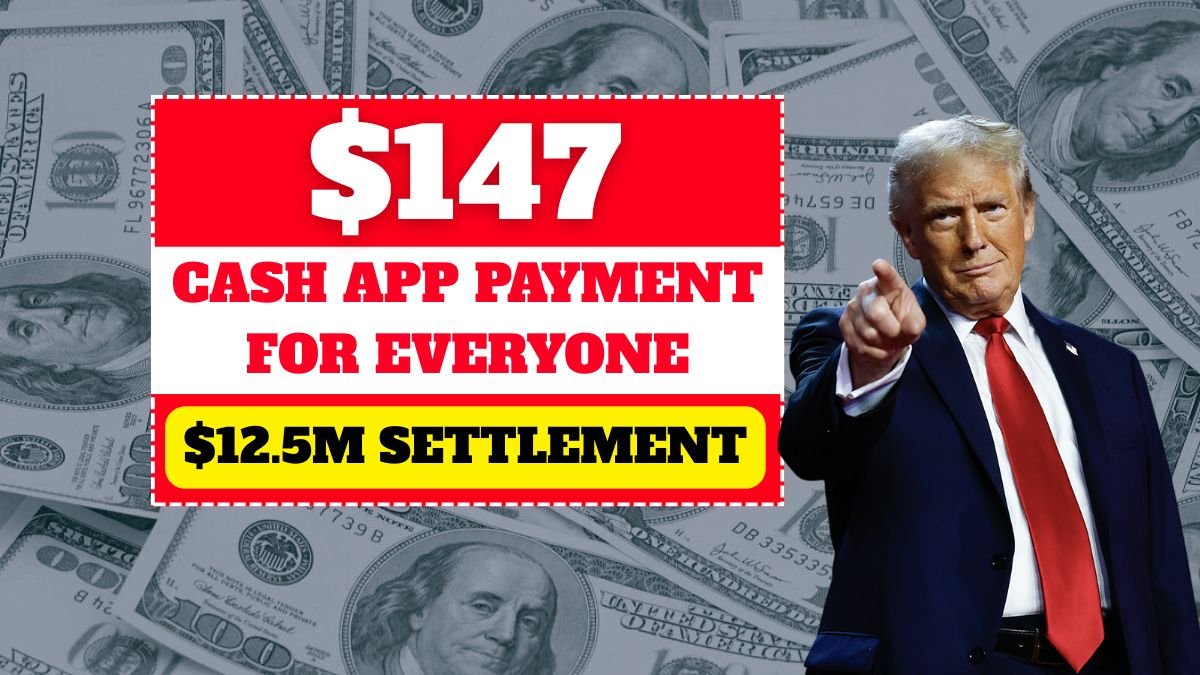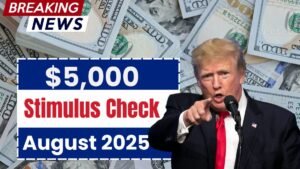In today’s digital age, while smartphones and the Internet have made our lives easier than ever, there is also another aspect of it that is causing trouble for consumers. Mobile applications and digital payment platforms have become so deeply embedded in our daily routine that questions are now being raised about their activities. A recent case related to Cash App in the US has brought this topic into a new light. At the center of this controversy were spam text messages, which were being sent without the permission of users. As a result, the company was forced to settle for $12.5 million (about Rs 100 crore).
How did this whole case start?
Cash App, a famous US mobile finance application, was accused of repeatedly sending promotional and referral messages to thousands of users between 2018 and 2023—that too without their permission. The special thing was that there were many people who had neither downloaded this app nor expressed the desire to be a part of any referral program.
This was not just a technical mistake, but it was a case of violation of the US Telephone Consumer Protection Act (TCPA), under which sending commercial messages to any person without his permission is a legal offense. As the complaints increased and it was discussed in the media, the matter reached the court, and it was registered as a class action lawsuit in which thousands of people participated.
Cash App’s response: Neither accepted the fault nor denied it, but a settlement was decided.
Many times companies want to avoid the long process of a court case to avoid damage to the brand image. Cash App also did the same. They did not admit in court that they had made a mistake but agreed to pay $12.5 million for settlement.
This does not directly mean that the company is guilty, but it became clear that they wanted to avoid a legal battle and adopted a middle path to give relief to the users.
Who can claim? Know the eligibility conditions.
The following conditions apply to take advantage of this settlement:
- You must have received text messages from Cash App or its agent between 2018 and 2023.
- You did not give any consent to these messages.
- You never downloaded or registered for Cash App but still received referral messages.
- You have filled or plan to fill a claim form for the class action lawsuit.
If you meet any of these conditions, you can file your claim by filling out the online form.
How and when will you get paid? Know the whole process.
Under this case, an eligible person can get a maximum payment of up to $147. However, this amount will depend on how many people claim in total, as legal fees and administrative expenses will be deducted first from the total fund.
Claim process:
- Fill out the form on the class action website or via email.
- Provide your name, mobile number and information about receiving the message.
- If you have proof (such as a screenshot), upload it.
- Choose a payment method: direct deposit or check.
- Submit the form within the deadline.
If you delay, your claim may be rejected.
Can people from India or other countries claim?
No. The most important condition of this settlement is that it is valid only for people living in the US. If you live in India, Canada, the UK, or any other country—even if you have ever downloaded Cash App—you are not eligible for this settlement.
This is clearly written in the court notice and on the settlement website.
Why is this case important? – Learning about digital rights
This case is not just about an application or a company. It is a reminder that:
- Your digital consent is the most important.
- No company can message or call you without permission.
- If this happens, you can legally get compensation by joining a class action.
This example also shows that along with technology, digital awareness and privacy protection are also very important.
What is a class action lawsuit?
A class action lawsuit is a process in which a single person or a few people together file a case on behalf of the whole group. Its biggest advantage is that:
- Thousands of people can get justice and compensation together.
- The court process becomes simpler.
- There is more pressure on the company, which ensures accountability.
This is what happened in this case as well—thousands of users filed a case together and everyone is going to benefit from it.
Impact on brand image: Trust broken?
Cash App is still popular in the US, but this controversy has definitely shaken its trust. Even though the company did not admit fault, it made it clear by approving the settlement that they want to avoid criticism.
Now companies have to understand that consumer consent and transparency are not just legal rules but also moral responsibilities.
Conclusion: It’s not just about money; it’s also about rights.
This $12.5 million settlement by Cash App is a living example of how important consumer rights are in the digital age. If you live in the US and are a part of this dispute, you can get compensation up to $147.
And if you are in India, this case is a warning for you—any digital activity without permission is a violation of your rights. Be alert, be aware and protect your digital data and privacy.
FAQs
Q. Who is eligible for the Cash App settlement?
A. Anyone in the U.S. who received unsolicited text messages from Cash App or its agents between 2018 and 2023 without giving prior consent.
Q. How much can I receive from the settlement?
A. Eligible claimants may receive up to $147, depending on the number of total claims filed.
Q. How can I file a claim?
A. You can file a claim online via the official class action settlement website by submitting your personal details and any proof (if available).
Q. Is this settlement valid outside the U.S.?
A. No. Only U.S. residents are eligible for this settlement. International users are not included.
Q. Do I need to provide proof to file a claim?
A. Proof is not mandatory, but providing screenshots or call/message records can strengthen your claim.


